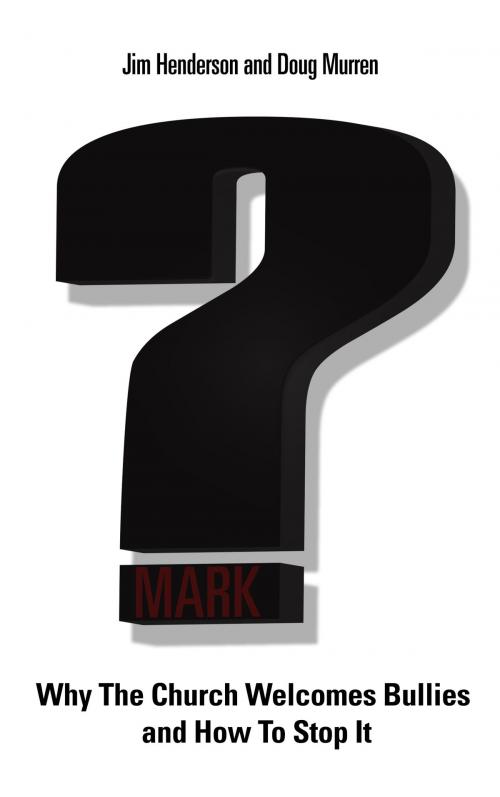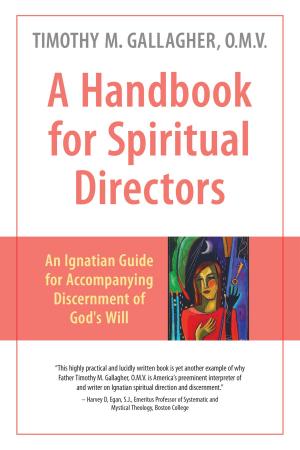Question Mark
Why the Church Welcomes Bullies and How to Stop It
Nonfiction, Religion & Spirituality, Inspiration & Meditation, Christianity, Christian Life| Author: | Jim Henderson, Doug Murren | ISBN: | 9780692390740 |
| Publisher: | 90-Day Books | Publication: | February 20, 2015 |
| Imprint: | Language: | English |
| Author: | Jim Henderson, Doug Murren |
| ISBN: | 9780692390740 |
| Publisher: | 90-Day Books |
| Publication: | February 20, 2015 |
| Imprint: | |
| Language: | English |
While it may be tempting to ask how did such a man convince people to follow him, the more telling answers will come from asking what is going on in churches that allows men like him to come into and retain power. This may sound like a subtle distinction, but with the first question, the focus is on the man, and with the second, the focus is on the system. Mark Driscoll is not an anomaly. Men and women like him have been consuming power and inflicting spiritual abuse on believers since the beginning of the church. So, ask yourself these questions: • How did the church become a haven for religious bullies—leaders whose psychological profile is more like that of a gang leader than a pastor? • How are we inadvertently putting out a “welcome mat” to these people? • What are the spiritual genetic markers in our systems that “predispose” us to miss the warning signs and minimize character flaws we swore we’d never accept in a leader? The purpose of Question Mark is to shed light on the culture of the church that lends itself, not only to cultivating these types of leaders, but creates a dysfunctional desire in its body for this kind of leadership. There are three primary goals for this book: 1) to help readers identify the tendency toward spiritual pride that creates the proper environment for bullies to thrive; 2) to provide the tools they need to spot bullies early on; 3) to help churches grow past the spiritual adolescence bullies depend on. The hope is that the insights and experience poured into this book can help avoid the pain of spiritual abuse and the distraction from what believers and seekers are supposed to get from participating in a faith community. Question Mark exists to add to and illuminate the conversation surrounding religious bullies so positive change can come out of the history of wounds too many have experienced in church.
While it may be tempting to ask how did such a man convince people to follow him, the more telling answers will come from asking what is going on in churches that allows men like him to come into and retain power. This may sound like a subtle distinction, but with the first question, the focus is on the man, and with the second, the focus is on the system. Mark Driscoll is not an anomaly. Men and women like him have been consuming power and inflicting spiritual abuse on believers since the beginning of the church. So, ask yourself these questions: • How did the church become a haven for religious bullies—leaders whose psychological profile is more like that of a gang leader than a pastor? • How are we inadvertently putting out a “welcome mat” to these people? • What are the spiritual genetic markers in our systems that “predispose” us to miss the warning signs and minimize character flaws we swore we’d never accept in a leader? The purpose of Question Mark is to shed light on the culture of the church that lends itself, not only to cultivating these types of leaders, but creates a dysfunctional desire in its body for this kind of leadership. There are three primary goals for this book: 1) to help readers identify the tendency toward spiritual pride that creates the proper environment for bullies to thrive; 2) to provide the tools they need to spot bullies early on; 3) to help churches grow past the spiritual adolescence bullies depend on. The hope is that the insights and experience poured into this book can help avoid the pain of spiritual abuse and the distraction from what believers and seekers are supposed to get from participating in a faith community. Question Mark exists to add to and illuminate the conversation surrounding religious bullies so positive change can come out of the history of wounds too many have experienced in church.















